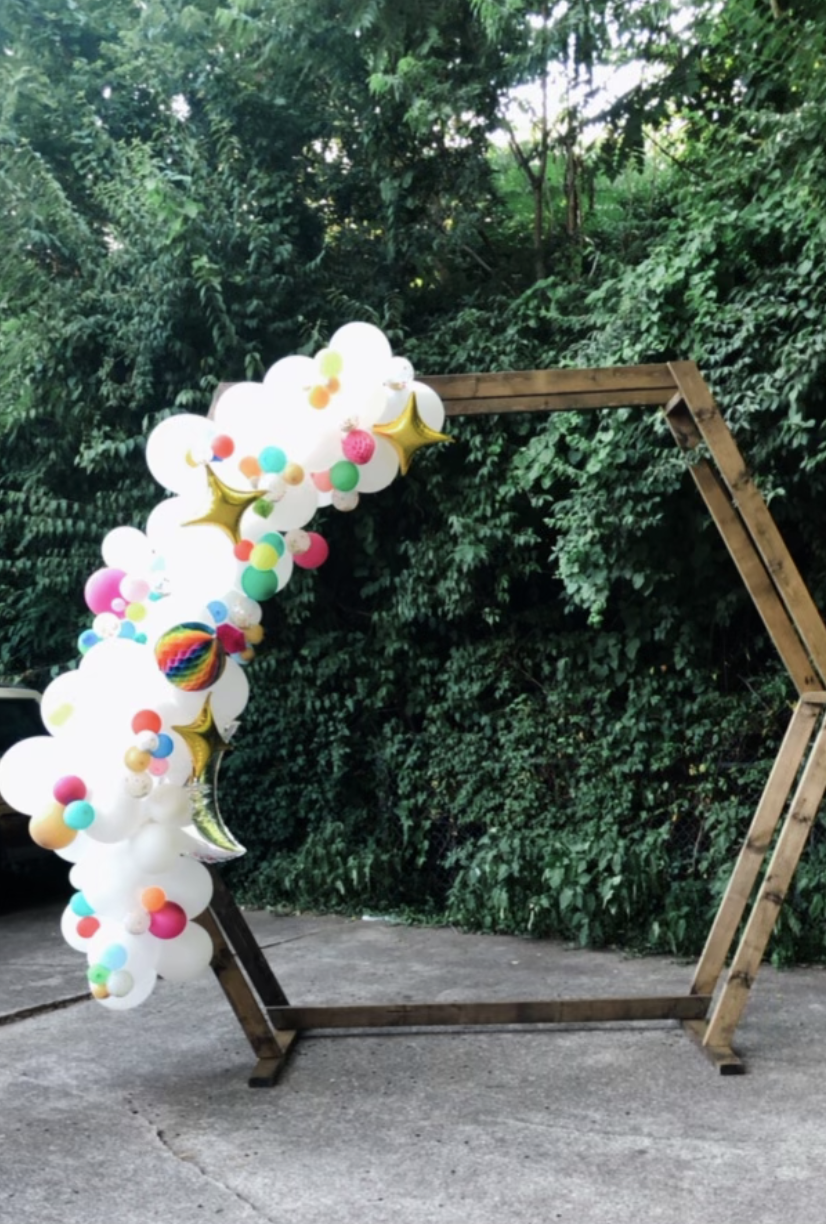Jackie Shane Pride Celebration
As a graduate student, I’ve had the chance to work with a lot of neat organizations, my favorite of which has been a partnership with Jefferson Street Sound Museum (JSSM). Lorenzo Washington, their founder, was friends with legendary Jackie Shane leading up to her passing and we wanted to collaborate to do something really fantastic for Pride to honor her life.
Another part of graduate life has been fellowships and scholarships. I was fortunate to be a Curb Public Scholar at Vanderbilt, which comes with a $2,000 budget to implement some kind of public-facing piece of scholarship. I was able to leverage this budget to equip JSSM to host the first annual Jackie Shane Pride Celebration.
This was an absolute blast to plan and host and, most importantly, could not have happened without the generosity of volunteers, friends, and our planning committee.
As I wrap up my time in academia, it is fulfilling to get to put on an event that raises awareness for such a fantastic artist (read more about Jackie Shane’s story in this post), work with an awesome local museum, and create a space for queer folks to unite and celebrate during Pride.
Jackie Shane: Transgender Soul Music Pioneer
Born and raised in North Nashville, Jackie was 7-years-old when she came out to her mom as transgender. As she grew up, she performed in the local clubs on Jefferson Street—Nashville’s original Music Row—wearing clothes that fit her persona: sequins, jewelry, beautiful wigs, and fantastic makeup. Being a transgender person and a Black person in the South, Jackie faced serious oppression from transphobia and the Jim Crow era.
In 1959, Shane escaped her oppression by joining a traveling circus in Ontario, Canada. Jackie later joined Frank Motley and his Motley Crew (yes, Crew not Crue) who had a regular spot at a local night club. Their fame grew and Jackie became their lead singer as they traveled the Chitlin Circuit.
In 1965, Jackie Shane performed “Walking the Dog”, a Rufus Thomas cover, on WLAC-TV’s famous show called NightTrain. She was invited to perform on the Ed Sullivan show, but since they required her to present as a man, she declined. Jackie continued to be misgendered at concerts, in reporting, and by those around her throughout her life. Despite the undoubted frustration and hurt this must have caused, Jackie turned to her music and kept up the pep.
Shane’s songs reflected her own life, with celebration not shame. She sung about living conditions in New York with “In My Tenement”, looking for love as a transgender woman with “Chickadee”, and facing her critics down in “Sticks and Stones”. Her single 1967 re-released single “Any Other Way” sounds like a modern LGBTQ anthem:
“Tell her that I am happy
Tell her that I am gay
Tell her I wouldn't have it
Any other way”
Her clever play on words still ring true.
Then, at the height of her career, Jackie Shane disappeared.
There were rumors that she’d been stabbed to death. That she’d been lost to suicide. That she’d moved back to Nashville. That she was hiding out somewhere in New York.
What was the truth?
We’ll never know the details of Jackie Shane’s life from the 1970s through the 2010s.
What is known?
In the 1990s, Jackie Shane moved to Los Angeles so she could take care of her mother who had fallen ill. She moved back to Nashville some time after her mother’s death in 1996.
There are stories of folks who got a hold of Jackie’s number in Nashville—and were promptly hung up on whenever they called. Even old bandmates seem to have lost track of her.
Here and there, Jackie would open up for a phone call or a conversation. In 2017, Jackie Shane met Lorenzo Washington and visited his museum, Jefferson Street Sound Museum, which is dedicated to the preservation of Nashville’s Black music history. Lorenzo and Jackie developed a close friendship and she trusted him to get her groceries and take her on outings. Lorenzo recalled one time they shopped until they nearly dropped at a department store and Jackie bought classic Jackie things: bold, gold jewelry, a faux fur coat, and fun shoes. It was Lorenzo who, when she didn’t pick up the phone, went to Jackie’s house to find that she had passed away in her sleep.
Before her death, Jackie’s music was rediscovered by the public and she was nominate for a Grammy in the category of Best Historic Rhythm and Blues Record. She had begun giving occasional interviews about what it was like to be trans in the South in the 50s and 60s and about her musical career. Currently, Janelle Monaé owns the rights to Jackie’s life story as a dramatic film and Netflix is collaborating with a team of Canadian documentary makers to bring Jackie’s story to a screen near you soon.
During her time, Jackie Shane was compared to Little Richard and David Bowie for her sonic innovation, clever song topics, and overall style. Now, you can hear her influence in popular music from, yes, Janelle Monaé but also Yola (compare Jackie’s “Comin’ Down” to Yola’s “Stand For Myself”) and Sam Smith (the emotional tone and melodic deliberation of “Any Other Way” feels like Smith’s “Love Me More”). Do yourself a favor and listen to some Jackie Shane, baby.
A benediction from Jackie:
“I’m going to be all Jackie. That’s all I can be,” Shane said in a 2018 interview.
May we each be all ourselves, for that’s all we can be. Amen!

Goodbye, wallpaper. Hello, paint!
When wallpaper is too expensive but you still want a pop of color and pattern in a space, painting is the way to go.





















